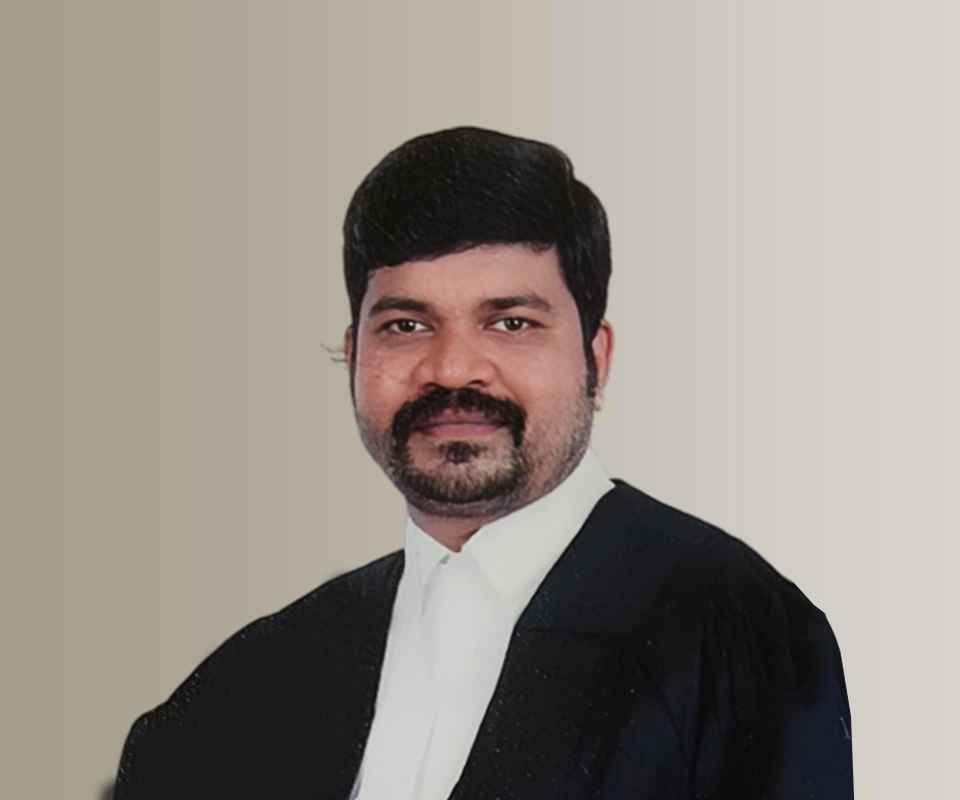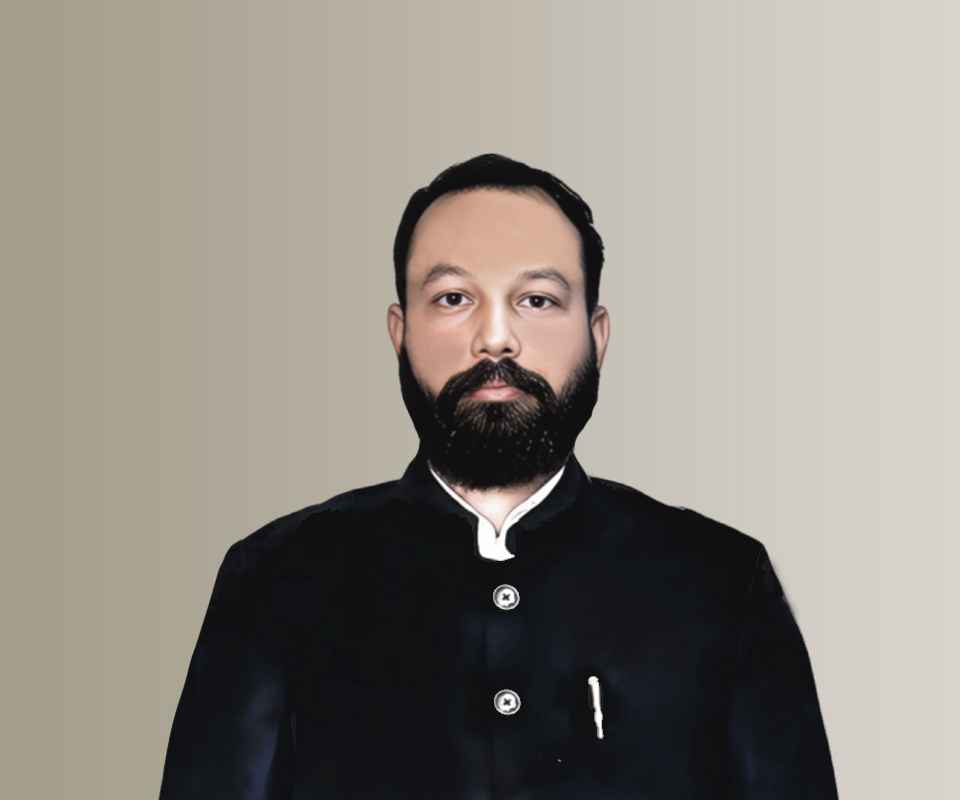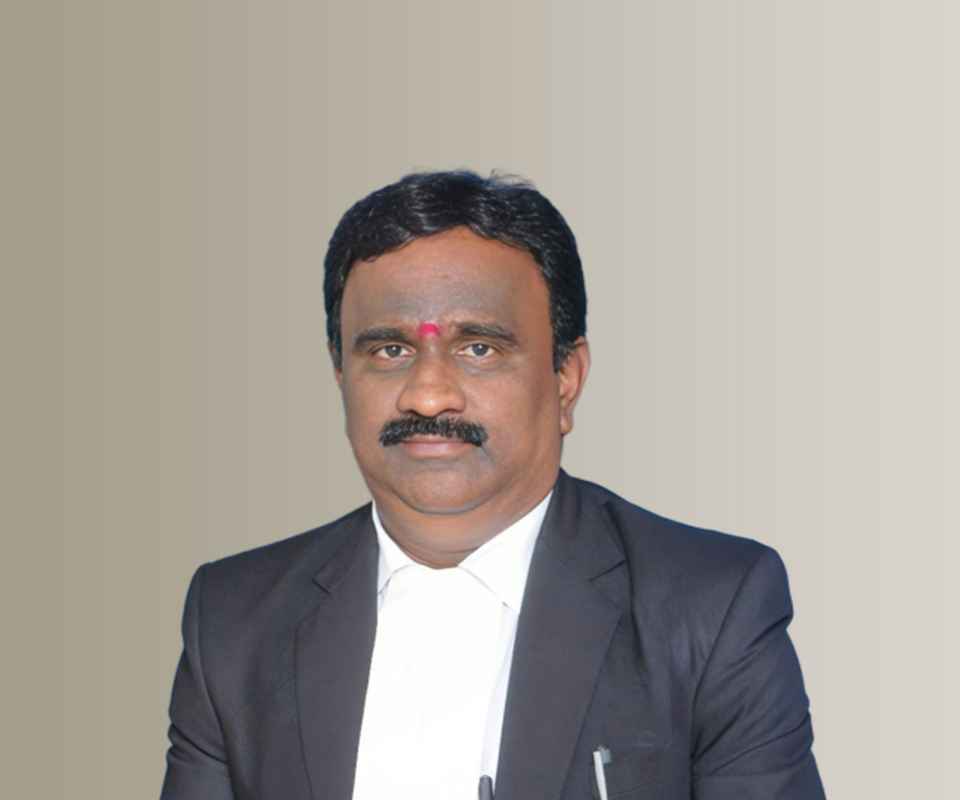Answer By law4u team
Yes, a divorcee can absolutely do court marriage again in India, as long as certain legal conditions are met. Legal Position A person who is legally divorced is free to marry again, whether through court marriage or religious/customary marriage. This is recognized under the Special Marriage Act, 1954—the law that governs court marriages in India. Conditions for a Divorcee to Remarry via Court Marriage 1. Final Divorce Decree The earlier marriage must be legally dissolved by a competent court. You must have the certified copy of the final divorce decree (judgment and order). If the divorce is mutual, both parties must have accepted the terms. If the divorce was contested, all appeals (if any) must be resolved, or the time to appeal must have passed. 2. Cooling-off Period (if applicable) If the divorce is recent, ensure that the appeal period (usually 90 days) has passed or the other party has waived their right to appeal. Marrying during an active appeal period may be risky and lead to legal complications if the decree is challenged. 3. Other Conditions under Special Marriage Act Both parties must be of marriageable age (21 for males, 18 for females). Neither party should have a living spouse. Both must be mentally sound. The marriage should not fall within the prohibited degrees of relationship, unless allowed by custom. Documents Required (For a Divorcee) Application form (as per local Marriage Officer) Age proof (birth certificate, Aadhaar, passport, etc.) Address proof Passport-sized photographs Divorce decree (certified copy) from court Affidavit declaring marital status, mental soundness, and consent If one party is a foreign national, additional documents (NOC, etc.) may be required Procedure for Court Marriage (Simplified) 1. Notice of Intended Marriage is filed with the Marriage Officer in your jurisdiction. 2. A 30-day public notice period follows (to invite objections, if any). 3. If no objections, the marriage is solemnized before the Marriage Officer and three witnesses. 4. A Marriage Certificate is issued on the same day. Important Note Bigamy is a criminal offence under both the Bharatiya Nyaya Sanhita, 2023 (Section 82) and personal laws. A person already married cannot legally remarry without divorce. So, a divorcee is legally clear to remarry, but a person still married is not. Conclusion A divorced person can remarry through court marriage in India, provided: The divorce is final and legal. All eligibility conditions under the Special Marriage Act are met.









